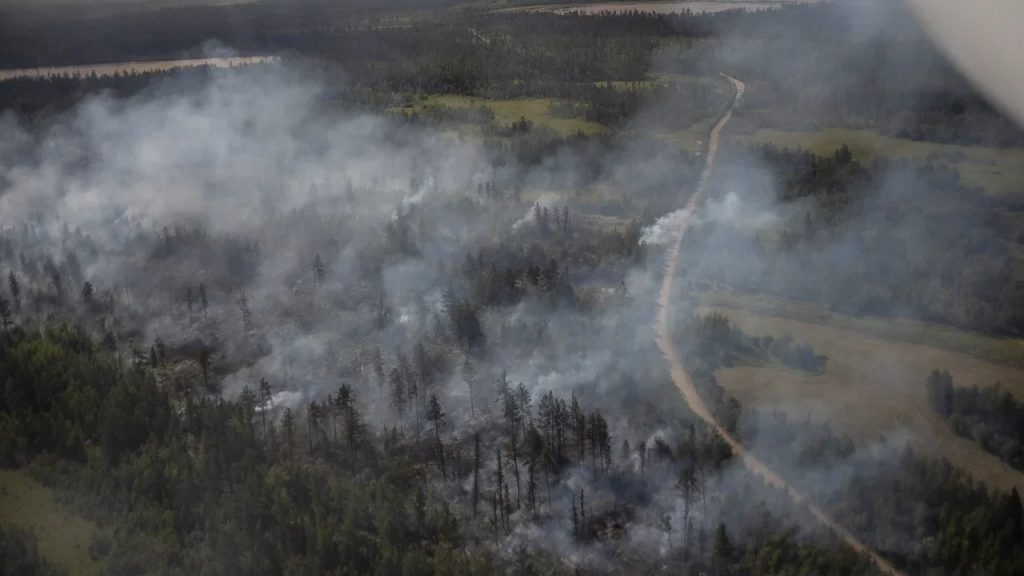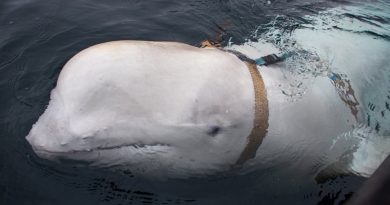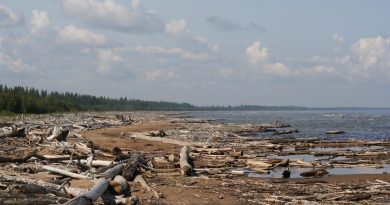Extreme fire activity continues in Yakutia, Russia

High temperatures, lack of rainfall and drier-than-average soil are among the factors that may have contributed to the increasing number of large forest fires in the Northern Hemisphere this July, the Copernicus Climate Change Service (CCCS) said on their website Friday.
Siberia, especially the Sakha Republic (Yakutia), parts of Canada and the west coast of the United States are among the worst affected, the service said.
“I’ve been monitoring boreal forest fire activity for many years, but I’ve never seen such persistent high intensity fire on both sides of the Northern Hemisphere simultaneously,” said Mark Parrington, a senior scientist at the Copernicus Atmosphere Monitoring Service (CAMS).
CAMS reports that fire activity in Yakutia since mid-June has been significantly higher than the 2003–2020 average.
Smoke impacts
As of Friday, the regional government reported 150 wildfires were burning in Yakutia, with 2,138 people and 258 pieces of equipment mobilized to control the blazes.
Temperatures in Yakutia have been higher than average since late spring, says the CCCS.

Smoke from the Siberian fires have travelled across eastern Russia to the Pacific Ocean, but could also have impacts much further north, the service said.
“CAMS has also been tracking some smoke travelling in the direction of the Arctic Ocean, where it could settle on the sea ice, darkening its surface and speeding up melting.”
On Friday, the government of Yakutia also issued a smoke warning locally.
“At the slightest change in wind direction, the smoke will increase,” Sergey Sivtsev, the deputy minister of Ecology, Nature Management and Forestry, said in a news release.
“Please observe the precautions and, if possible, do not leave the house.”
Excluding 2020, CAMS estimates that the amount of carbon emitted during Yakutia’s boreal fire season in June, July and August this year has already surpassed its fire seasons of any other year since 2003, when CAMS started their data set.
Write to Eilís at eilis.quinn@cbc.ca
Related stories from around the North:
Canada: Arctic climate change among priorities of Canada’s new Governor General, Eye on the Arctic
Greenland: Tipping points: can a leaked report tip the scales to climate action? Blog by Irene Quaile
Norway: Polar bears face extinction in Svalbard and Arctic Russia says scientist, The Independent Barents Observer
Russia: Record breaking temperatures recorded in Arctic Russia, Eye on the Arctic
Sweden: Heavier rainfall will increase risk of landslides and flooding in Sweden, Radio Sweden
United States: Alaska’s Northwest Arctic Borough gets $2 million tribal energy grant, Alaska Public Media



